Over the next 10 years, neuroscience services are projected to grow more than almost any other medical and surgical services in both clinical need and research funding. This growth creates an opportunity to invest in programs that can generate increased volume when traditional hospital-based programs are migrating to ambulatory and outpatient settings.
However, neuroscience service lines are among the most complex to define and manage, in part due to the array of varying clinical conditions, specialist needs, and unique patient, physician, programmatic, and planning implications.

